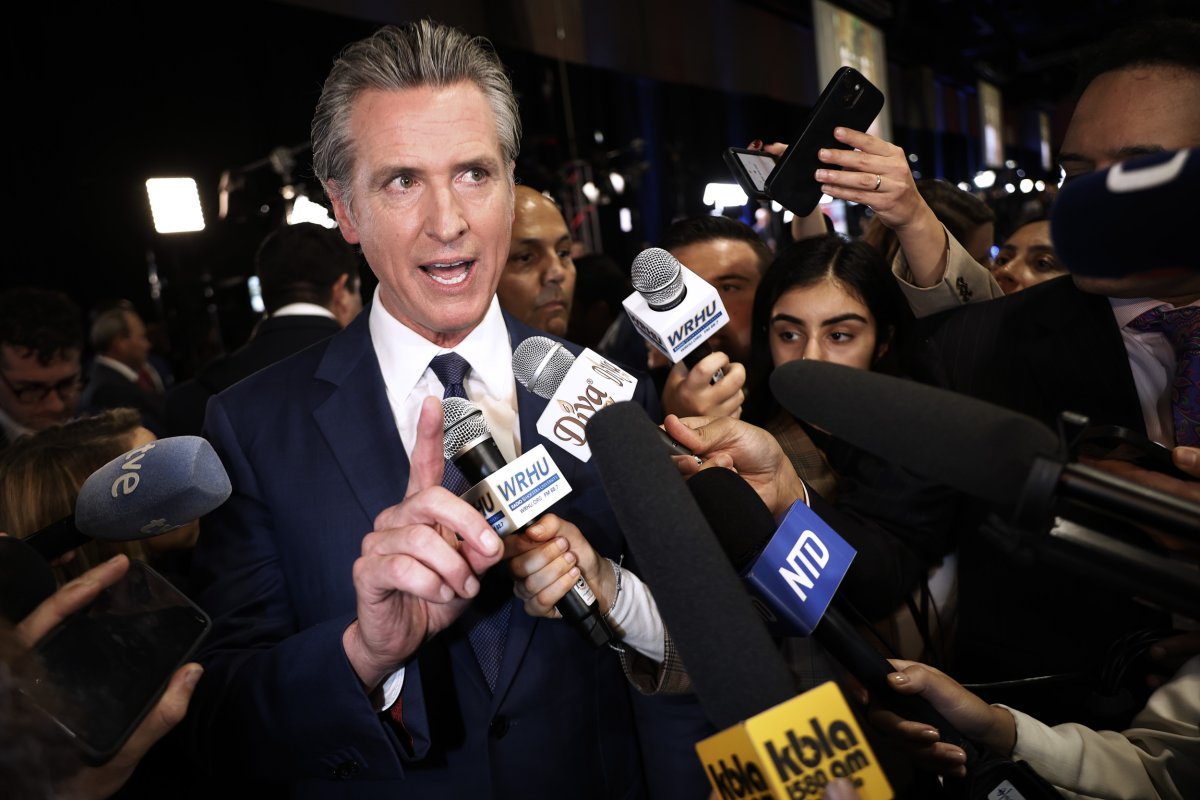
If politicians’ campaign promises were subject to the same sort of laws and scrutiny as commercial advertising, they would be in deep trouble. Luckily for them, it is voters rather than lawyers who assess whether promises are misleading and, if they are misleading, how much the voters care about it. And in democracies, voters know they will have a chance at the next election to punish politicians for broken promises they care about.
To that extent, voters are in a stronger position than customers – although customers, at least, can change suppliers next time if they don’t like what they have bought. This summer, an interesting comparison is being played out between Japan and the United States about the effects of politicians’ promises: It is unlikely that a large percentage of Japanese voters – who numbered 1o5.3 million at the time of the last general election in 2021 – paid attention to Kishida’s promise to create “a new form of capitalism” in Japan.

His promise was too abstract to impress ordinary members of the public. However, there is no doubt that when he had used this slogan a month earlier during his campaign to be elected as leader of the LDP, it had played an important role in positioning him in the minds of the approximately 1% of voters who are LDP members. The positioning this slogan gave him was as an innovator in terms of domestic economic policy, someone who could be seen as being somewhat on the left-wing side of politics in contrast to his more conservative predecessors, Shinzo Abe and Yoshihide Suga.
He wanted to show continuity with Abe and Suga in foreign and security policy, so this more left-wing positioning on economic affairs allowed him to look as if he also could represent change. By comparison with the average prime minister of recent decades, Kishida’s three years in office count as quite long. However, by comparison with Abe’s nearly eight years from December 2012 until September 2020, Kishida’s term counts as short.
Moreover, the fact that the LDP now has no clear or strong candidate to succeed him means that he should have stood a good chance of remaining prime minister for a further three years. The fact that he instead chose to resign is generally blamed on his low public approval ratings, which are, in turn, often blamed on the financial scandals that have beset the LDP. Such scandals, however, should affect the party more than Kishida himself, as he has not been personally tainted.
It is more likely that economic factors explain his low popularity – notably the fact that ordinary people’s incomes have grown more slowly during his premiership than prices, making them feel steadily worse off. The emergence of inflation cannot really be blamed on Kishida. Instead, his key mistake may have been that he did not stop talking about “a new form of capitalism” once he had been elected party leader.
He kept the slogan in the headlines by setting up committees and demanding reports on how to implement this promise. Whatever the committees’ answers, Kishida proved unable to put them into practice. And what the public sees is that “new capitalism” consists of wages being outpaced by prices, while the decline of the yen exchange rate has made overseas tourism harder to afford.
The lesson for Harris, or for her opponent Trump if he should defeat her in the election, is that economic promises may serve a purpose in getting elected but they should then be dropped if they prove impossible to implement or, worse, are potentially harmful. Harris has promised to act to ban something she calls “price-gouging,” by which she means retail outlets adding to inflation by making excessive profits. And she has promised to raise the tax on corporate profits too.
The first of those ideas is meaningless in an open, free-market society like America: there is no chance that new laws or enforcement mechanisms could, in practice, detect and punish excess profits. The second could be carried out only with the consent of Congress, which – unless the Democrats win an unexpectedly big victory in both houses – is unlikely to be forthcoming. The point of such Harris promises as with Trump’s pledge to impose tariffs on all imported manufactured goods – and his new pledge to set up an “efficiency commission” headed by a multi-billionaire, Elon Musk, supposedly to lower the general price level, which the tariffs would quite definitely raise – may be for the candidates to position themselves in a way they hope will find favor with voters: The hope must be that both learn the lesson of Kishida: Make meaningless, impractical promises if you must, but do not keep shouting about them – or worse, trying to implement them – once you are in office.
To do so could be fatal..










